Tom Tykwer has had the honour of opening the Berlinale again, but The Light has left no better aftertaste than The International. The director of Run, Lola, Run has offered an examination of conscience about two generations of Germans, including so many themes and sub-themes that he entangles himself in a huge (162′) task that leaves us ultimately indifferent. Focusing on a dysfunctional Berlin family, whose greatest sin is the inability to relate to each other and the adoption of a hypocritical and falsely conscious way of life, Tykwer turns to a Syrian Mary Poppins, exile survivor Farrah (Tala Al-Deen) to heal the wounds of the First World, but enlists her help in healing her own grief. All in all, a condescending manoeuvre that does make sense of a wacky film, in which every character has the opportunity to star in a musical number, including the use of animation.
Magical thinking, psychology, self-help, ecology, hypocrisy in a way of life that claims to be aligned with contemporary values of inclusivity, conscious consumption and solidarity, are mixed in a totum revolutum of therapies, denunciations, tantrums, tantrums and guerrilla actions, which culminate in a very long final scene, where all the water that we have seen falling from minute one condenses in an eternally rainy Berlin. Not even all the water can wash away the sins that the light will magically absolve.
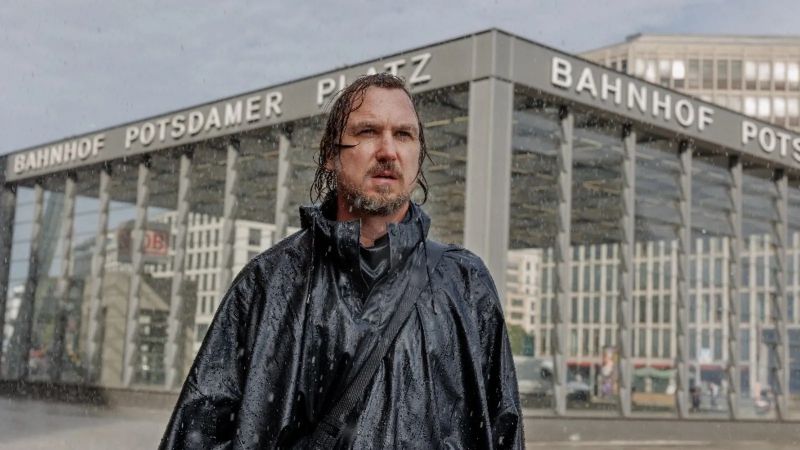
Tykwer presents us in a crude puzzle introduction to the Engels family, consisting of the father, Tim (Lars Eidinger), an alternative assimilated into the advertising industry, the mother, Milena (Nicolette Krebitz), an aid worker in Kenya, her 17-year-old twin sons, Jon (Julius Gause), a refugee in virtual reality, and Frieda (Elke Biesendorfer), sheltered by a peer group devoted to Berlin nightlife, chemical travel and guerrilla actions, insecure about her sexuality, and finally little Dio (Elyas Eldridge), the fruit of a Kenyan relationship, who will drill us with his “Bohemian Rhapsody”. The planning phase is not even devoid of loose ends, scenes that make no sense in the plot or the concept, and if we sense any of them, it is almost better to avoid them because they are unnecessary.
The director takes almost three hours (set to a water clock that reminds us of what we have yet to endure) to believe that he is laying bare and raising an idiosyncratic, almost national issue, but he falls into the same trap as he denounces, in navel-gazing and communication problems. The fusion of genre resources so much in vogue is a loaded and dangerous weapon in the hands of a craftsman, because the genius to bring something unique is not within everyone’s reach. Tykwer has not gauged the difficulty of conveying a pretended dramatic depth and the repeated recourse to a magical object in the story, the light of the title, which induces a subconscious and healing trance, demonstrates at every moment the inanity of his proposal.
The insurmountable difficulties of a generationally accepted way of life as a patent of good practice, which are exposed to us throughout the film, miraculously find resolution thanks to the intervention of a modern fairy, who in turn carries a drama (which we are told is serious and real). Resorting to a ‘good savage’ who opens our eyes to our nakedness (Tykwer strips Eidinger of her clothes in the entrance hall of her flat, every time she enters the house) is a far cry from Boudou sauvé des eaux (1932), because the German is not Renoir, nor does he possess the ironic social gaze necessary to make his two-hour therapy bearable. This is why this modern Mary Poppins, who seeks reciprocity in her help, and her characters, do not work and are irritating, between implausibility and tedium.

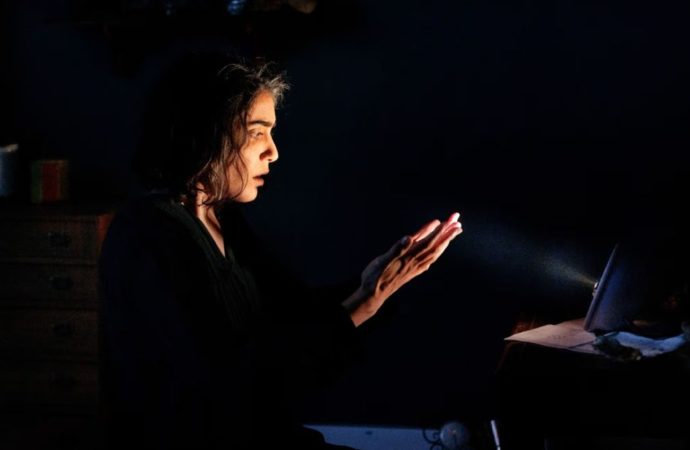

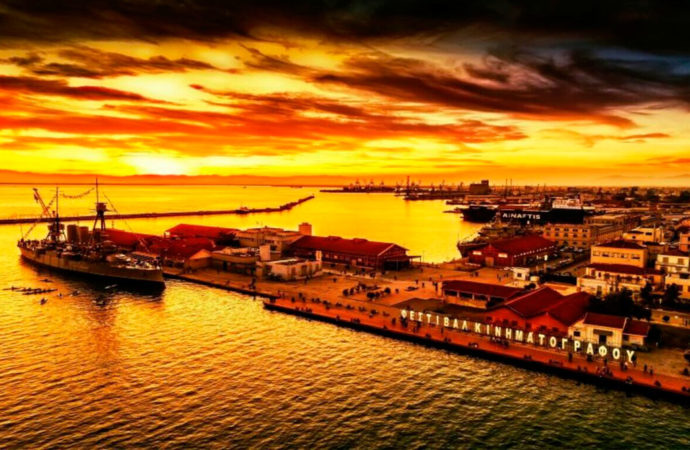
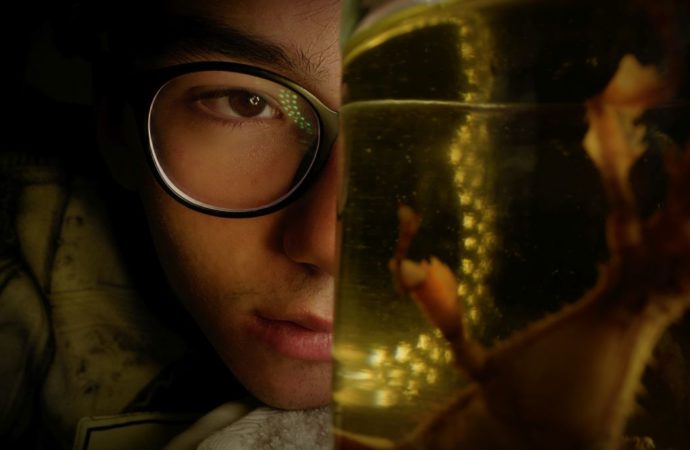
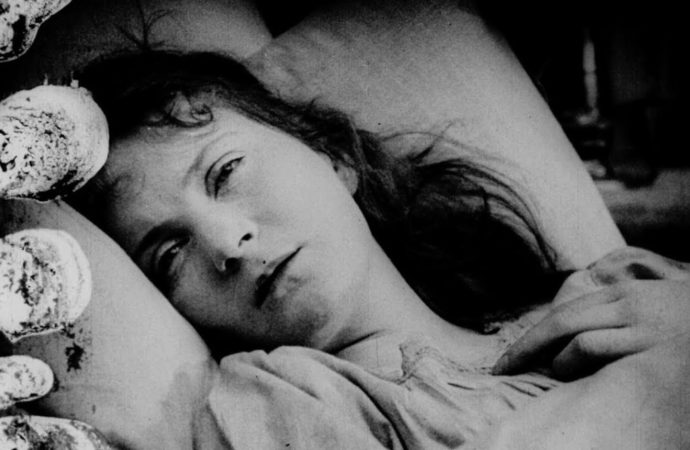
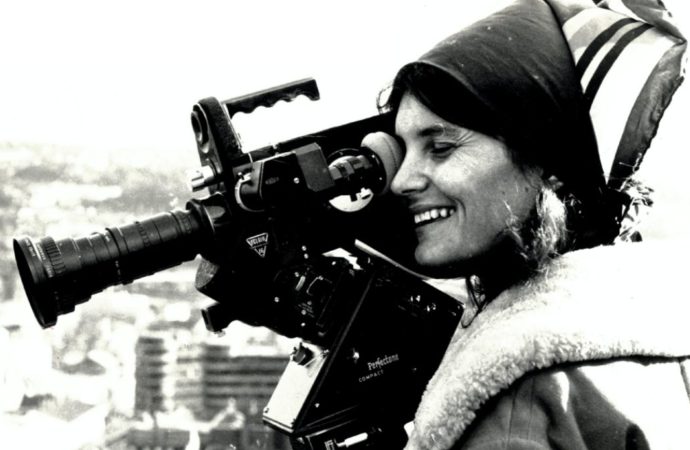
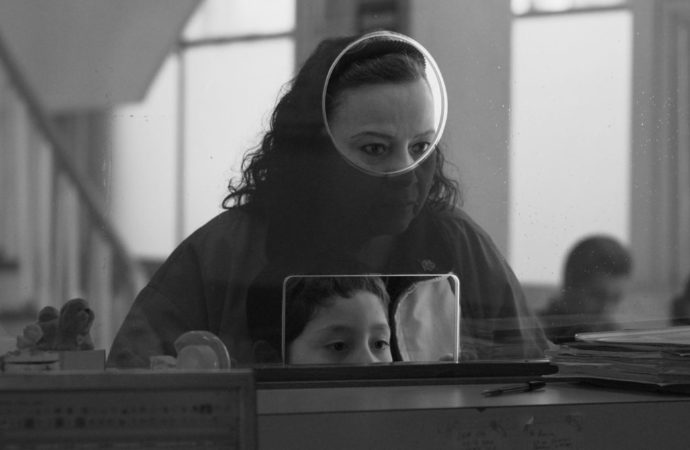
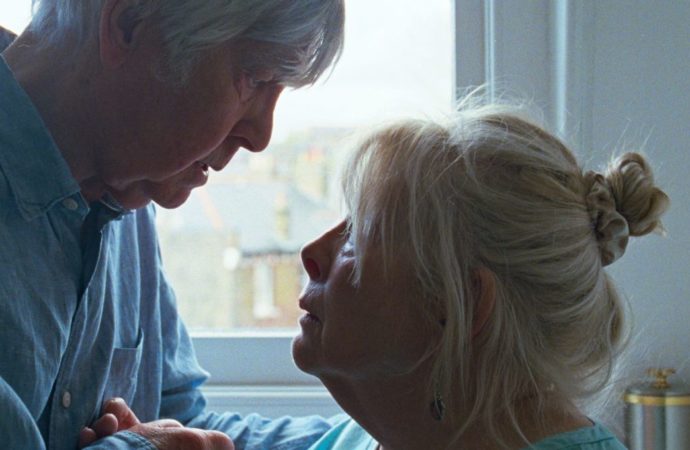
No one has posted any comments yet. Be the first person!